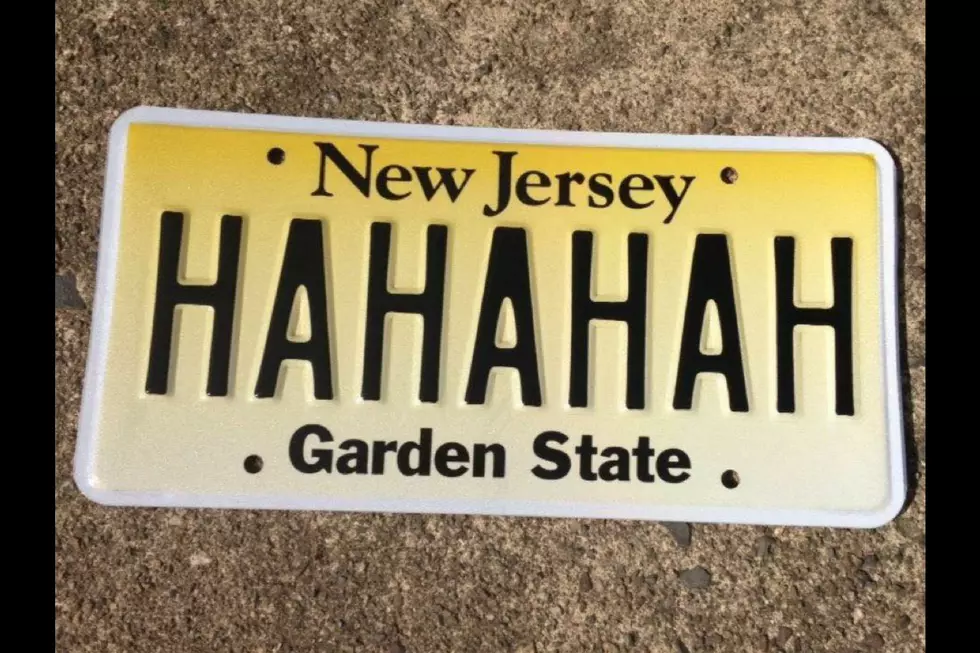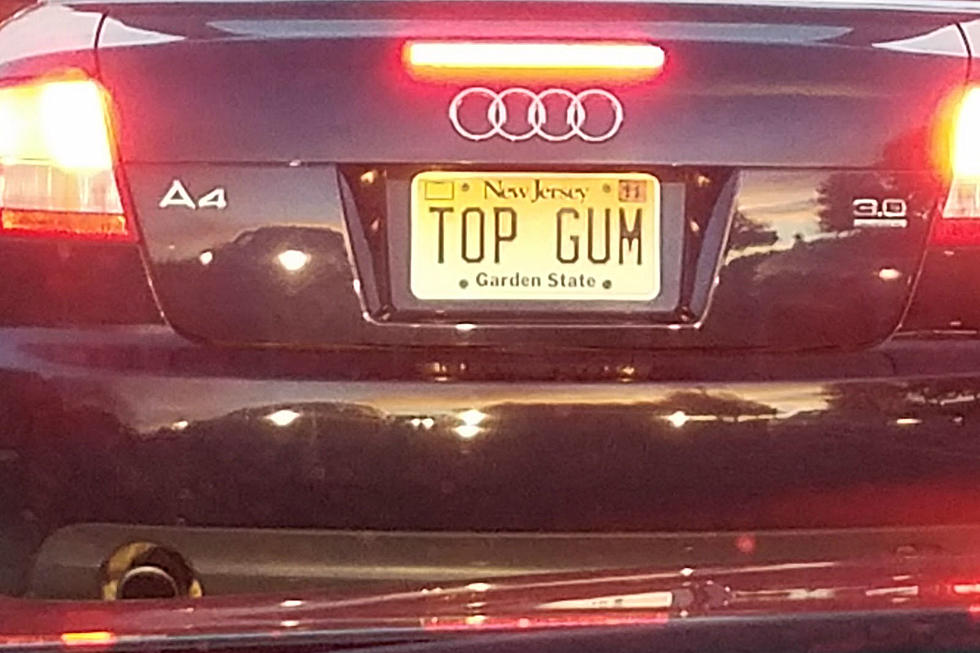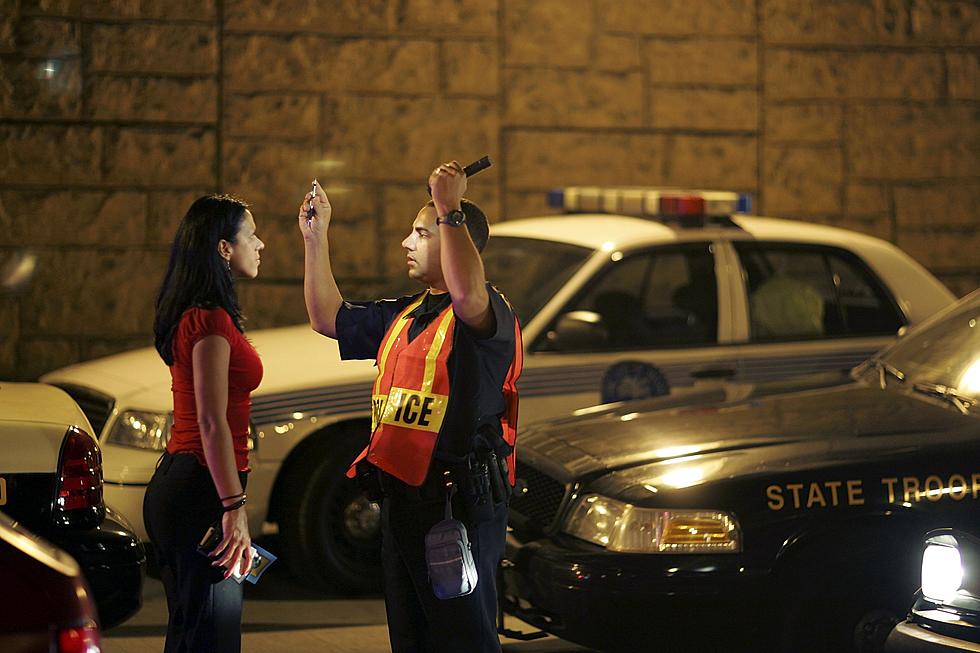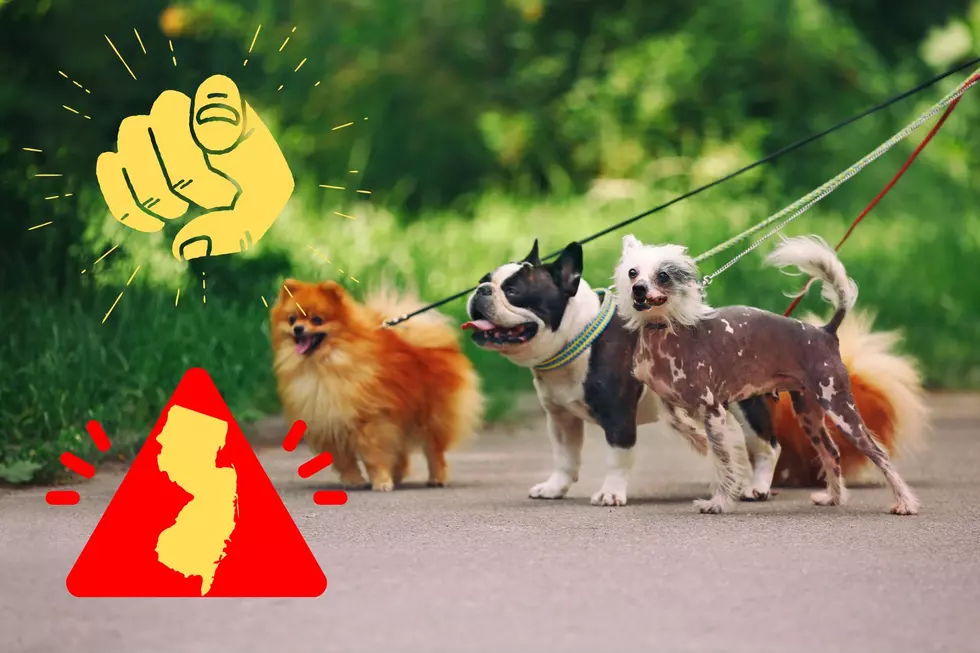
Why eliminating front license plates in New Jersey makes sense (Opinion)
Earlier this summer, New Jersey announced a measure to help save New Jerseyians some money if they had to renew their driver's licenses. Free driver's license renewals certainly sound like something we can all get behind (you can read more about this change by clicking here).
Now yes, this change had more to do with the current situation of how expensive things have gotten. So on that note, it's a great gesture from the state to actually do this and help us save a few bucks. For those of us that have to renew, that is.
Unfortunately, New Jersey's government is also very predictable, and we all know we're going to end up paying for this one way or another. And even if this doesn't end up being the case, we've all learned to become paranoid and weary of not trusting our state government anytime they do something good for us.
But that's a topic for another day. Bringing it back to the roads, it is a nice thing to be able to save on having to not pay for a renewal driver's license. In fact, any time we can save a little cash here and there is always a good thing.
However, this doesn't necessarily help the long-term costs of operating the MVC. At some point, we need more practical ideas to help sustain savings and to allow license renewals to remain free. Or better yet, to get rid of those ridiculous registration renewal fees every two years.
With all of that said, there is one idea the state should give some serious consideration toward. Why not reduce the number of license plates required on our cars from two to one? Most states throughout the country do it, so why shouldn't we?
One reason we keep two plates on our vehicles is to help law enforcement for vehicle identification. If a situation should arise, it makes it easier for police to know to who the vehicle belongs.
But times have also changed quite considerably since this was enacted in 1925. Back then, this completely made sense to do. But with today's digital world, the practice of having two plates on a car seems kind of antiquated.
Not to mention how much manufacturing two plates costs instead of one. If New Jersey reduced the number of plates required on all vehicles, that would possibly slash the cost of manufacturing quite a bit per vehicle. Of course, there are exceptions to that. Trailers, for example, have only one tag now, so the savings wouldn't exactly equate to 50%, but close enough.
And with savings like that, the state may be able to offset all those fees we pay now for registration by either eliminating them or significantly reducing the price on some of the registration categories.
Or, if New Jerseyans really wanted to, maybe some of those savings can go toward getting away from the boring yellow plates we have now in favor of something with more life in it.
Other states with single tags on the rear only often add more to them, making them stand out more while also showing state pride. There's so much that's unique to New Jersey that would allow us to jazz up our plates.
What about North, South, and even Central Jersey plates? Or, what if we did something by county as the standard? Yes, we have specialty plates now, but by eliminating the need for front plates, perhaps this could become a free option for many.
But of course, I think most Jerseyans would get behind saving on fees. But even if that didn't come to fruition, the MVC would still be saving by doing this, and they can use their savings to improve the services they offer. Anything to make this state run more efficiently is certainly a good thing.
Look, we all know tolls aren't going anywhere. The promise of toll-free roads went the way of the dodo bird and we're paying way more now than we did when the toll roads opened to the public. If we're stuck with that, then at least help us save in some capacity by eliminating front plates.
Back when this became mandatory in 1925 it made a lot of sense. But with the advancements in technology since then, perhaps the time has come to get rid of this antiquated practice and stop wasting money on something we don't need. Just get rid of the front plates and let's move forward already.
What would happen to NJ if we were attacked by nuclear weapons?
Here's where NJ legal weed is sold
Where you can find historic covered bridges in New Jersey
More From New Jersey 101.5 FM






![The NJ Definition of Car Pooling? [VIDEO]](http://townsquare.media/site/385/files/2012/08/Carpool.jpg?w=980&q=75)


